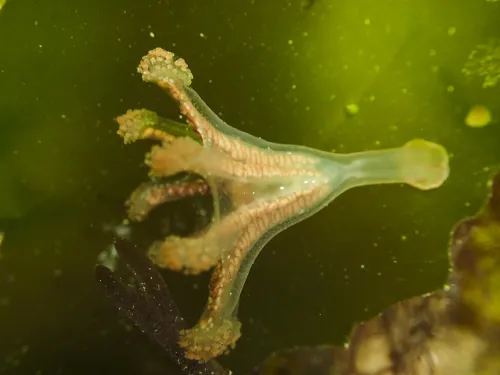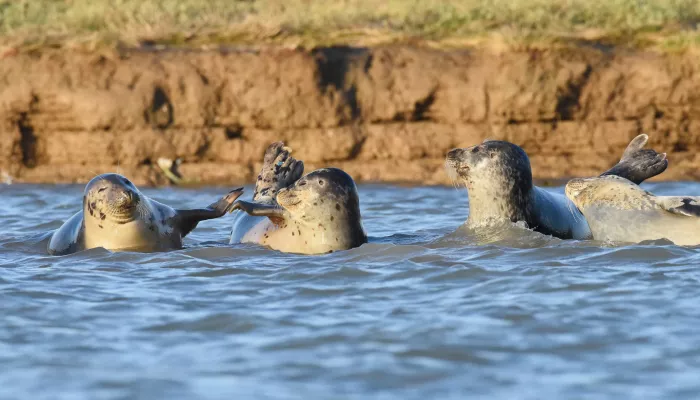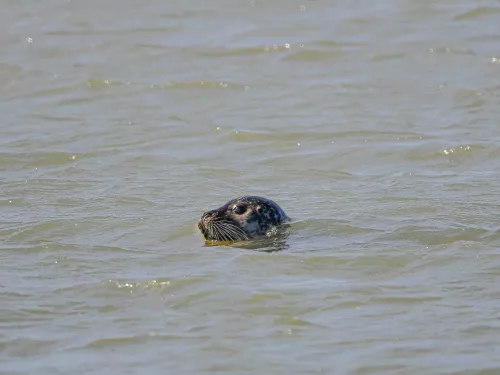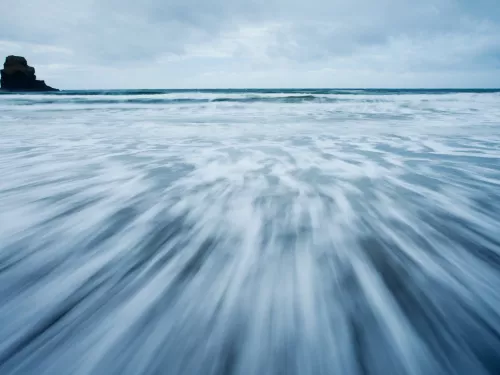
Fascinating discoveries by Kent “Shoresearch” citizen scientists in 2024
Wildlife experts also raise concerns over invasive species recorded


Wildlife experts also raise concerns over invasive species recorded

Newly elected MP Polly Billington has said she is concerned about the lack of transparency demonstrated by National Grid.

The annual celebration of the sea runs from Saturday 27th July – Sunday 11th August